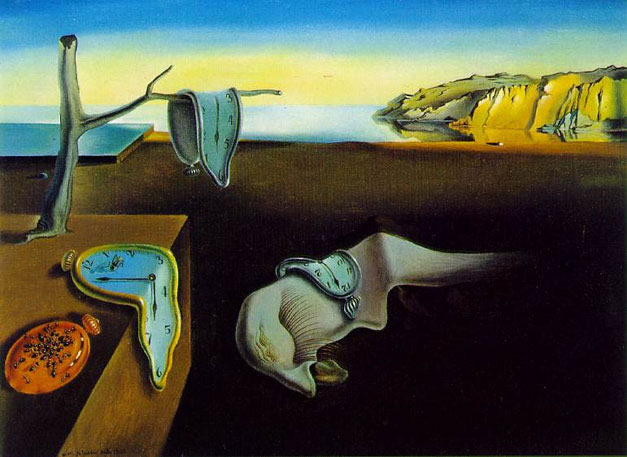New Year’s Eve
John Clare, England’s nineteenth century peasant poet, provides us a poem with which to bid farewell to 2013. There were dark moments, both in my personal life and in the life of the nation and the world as a whole. Yet, for the most part, it was neither the best of times nor the worst. We can say that 2013 had a middling sort of feel to it.
For instance, the economy picked up steam but not as much as we wanted it to. Obamacare started off badly but then started rolling. The GOP shut down the government but then opened it up again and chose not to trigger a debt ceiling disaster. Modifying filibuster rules was supposed to spell the death of the Senate but then senatorial life went on. The slaughter continued in Syria but the Syrian government did start destroying its chemical weapons and America chose not to embark on another middle eastern war. Iran made peace overtures and Congress chose not to sabotage the negotiations. The Defense of Marriage Act was struck down as unconstitutional but so was a key provision of the Voting Rights Act. The president polled badly, Congress polled even worse, and the Republicans polled worst of all. Although hope was muted, despair also was in a low key.
Sometimes what I consider bad news contained within it seeds of good news. While a number of states worked to curb abortion rights, this also led to the resurgence of feminist activism and the rise of Texas Democratic gubernatorial candidate Wendy Davis. Republicans used their majority status to enact rightwing legislation across the board in North Carolina, but as a result we have seen the rise of the “Moral Monday” protest movement. Fred Zinnemann was found not guilty in the shooting death of Trayvon Martin but, as a result of the furor over the verdict, Marissa Alexander, a black woman who fired a shot in the air to warn off her abusive husband and was sentenced to twenty years in jail, is receiving a new trial. We don’t have any idea what all of this will add up to.
In short, while the year seemed to have a lot of drama, it “has left no footstep, mark or place” but rather has “gone away to nothingness and night” and now seems “lost to all.” Clare captures the sense of its passing when he writes,
All nothing everywhere:
Mists we on mornings see
Have more of substance when they’re here
And more of form than he.
So what was all that shouting about anyway? Here’s the poem:
The Old Year
By John Clare
The Old Year’s gone away
To nothingness and night:
We cannot find him all the day
Nor hear him in the night:
He left no footstep, mark or place
In either shade or sun:
The last year he’d a neighbour’s face,
In this he’s known by none.
All nothing everywhere:
Mists we on mornings see
Have more of substance when they’re here
And more of form than he.
He was a friend by every fire,
In every cot and hall–
A guest to every heart’s desire,
And now he’s nought at all.
Old papers thrown away,
Old garments cast aside,
The talk of yesterday,
Are things identified;
But time once torn away
No voices can recall:
The eve of New Year’s Day
Left the Old Year lost to all.
Upon further reflection: Looking at this poem again, it doesn’t do entire justice to the passing year. Yes, what seemed so important at one time may seem “nought at all” from the vantage point of the following year, especially if no year-defining catastrophe occurred. But history works more subtly than this and it’s not always possible to see momentous shifts occurring. Rather than describe 2013 as having been middling, maybe we should say rather that deep tectonic plates have been moving and we’re not sure what will emerge. I therefore add a T. S. Eliot perspective to this post. Here is reason to keep fighting for your cause, even if nothing seems to be happening or indeed if you seem to be losing:
If we take the widest and wisest view of a Cause, there is no such thing as a Lost Cause because there is no such thing as a Gained Cause. We fight for lost causes because we know that our defeat and dismay may be the preface to our successors’ victory, though that victory itself will be temporary; we fight rather to keep something alive than in the expectation that anything will triumph.
I will keep these words in mind as I write to advance my own cause, which is economic inequality, both within the United States and in the world generally. (Under inequality, I include health care, wage levels, tax policy, and immigration.) A strong second cause is the environment and climate change.
